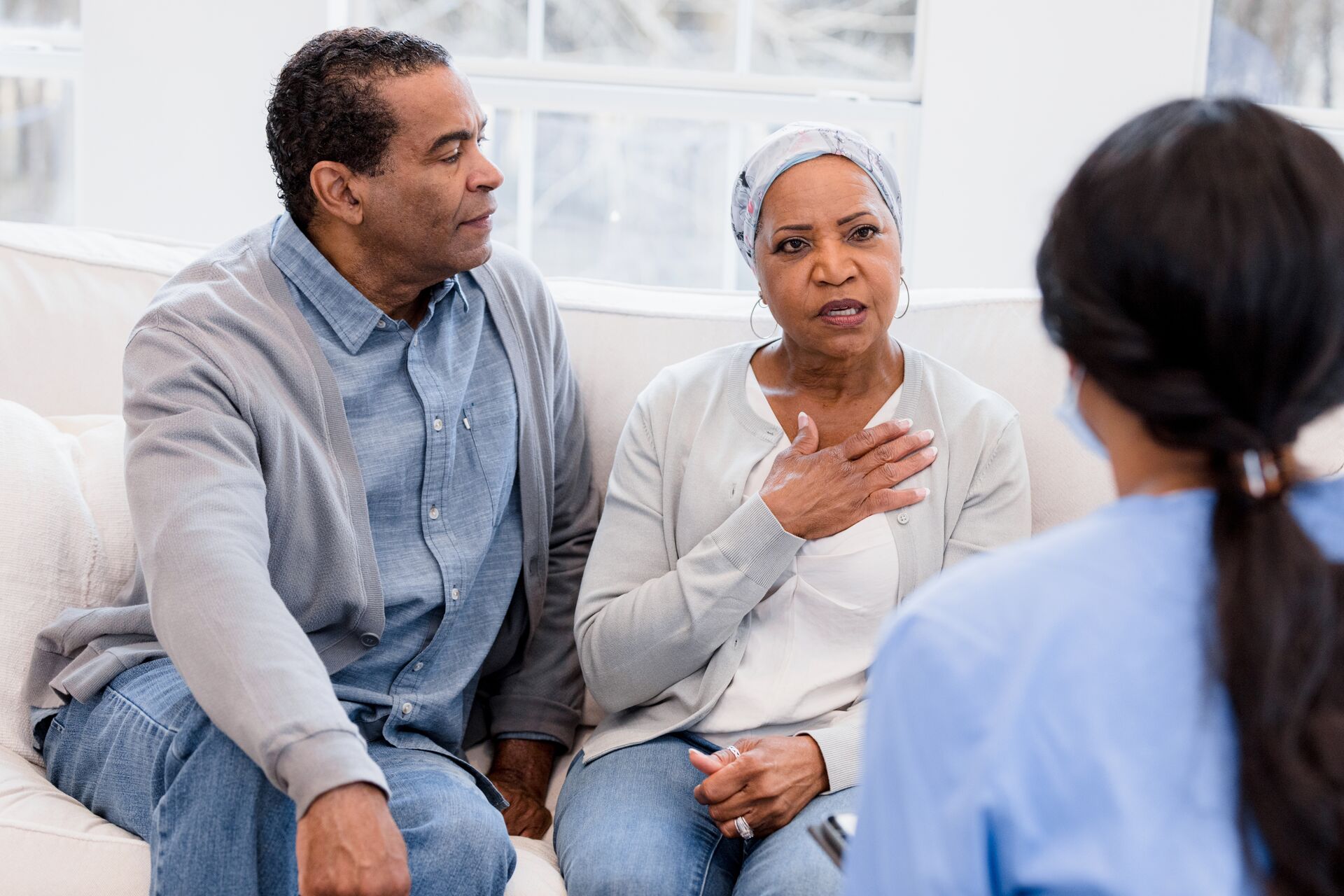
Transforming lives through world-class research
We are an interdisciplinary centre of excellence which brings together expertise from the University's Faculty of Health Sciences and Hull York Medical School to carry out world-leading research.
Our vision is to work closely with our partners, including the Hull University Teaching Hospitals NHS Trust, as well as with people, families and carers, to make a real difference to healthcare and wellbeing.




Our challenge
With an ageing population, chronic diseases are reaching epidemic proportions. More people are living with multiple long-term conditions, such as cancer, heart disease and dementia, which significantly affect their lives and may reduce their life expectancy.
The size of the challenge is huge. Our role is to help find an integrated response to the physical, emotional and social needs of those people affected and their families and also address the way that ill health disproportionately affects different sectors of the community.
We address the factors that influence disease, such as poverty, obesity, smoking, alcohol and physical inactivity, as well as tackling lifelong health issues from teenage pregnancy to diabetes, and from breathlessness to arthritis. We also deliver research to improve care in advanced illness, including palliative and end of life care.
What we do
Our aims are to:
- Transform the lives of people and families by improving their health
- Reduce social and health inequalities in access to treatment and care
- Promote and build a research culture based on innovation and collaboration
- Recruit and retain the best research staff and support a vibrant postgraduate community
Our work has a real-world impact, with a focus on four key thematic areas.
Exercise, lifestyle behaviours and rehabilitation
Global health and sustainable development goals
Devices and digital technologies for health
Evaluation of interventions and care for policy and practice
Cross-cutting themes and research infrastructure
Our research is underpinned by robust infrastructure and inclusive practices. From innovative methods to active public involvement, these cross-cutting themes support impactful, collaborative health research.
Latest
Discover our latest news and events and see our latest publications and resources.
Our people
The Institute of Clinical and Applied Health Research draws together expert researchers and clinicians from the University of Hull and Hull York Medical School to carry out world-leading research and make a real difference to healthcare and wellbeing.
Get in touch

